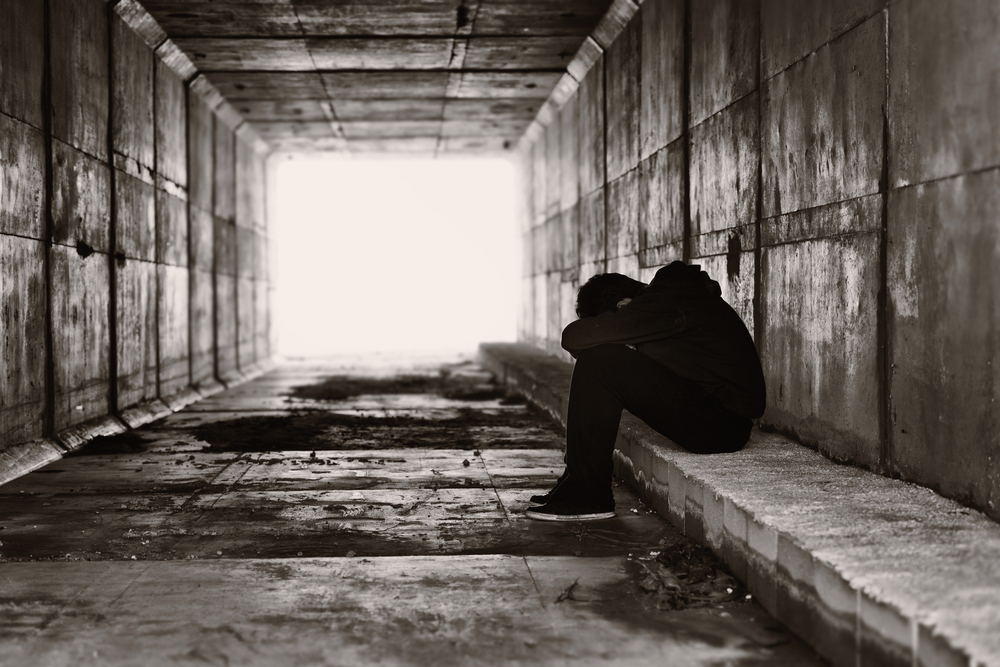
In Massachusetts, nearly four people die every day from drug poisoning. It has become the leading cause of death for homeless men and women in Boston, which is why a local nonprofit aims to create a safe space for users to “ride out their high,” NPR reports.
Boston Health Care for the Homeless Program is launching the project, spearheaded by Dr. Jessie Gaeta, its chief medical officer. Dr. Gaeta told NPR that she walks along what is called the “Methadone Mile” on her way to work. “There are people—just in the few blocks around our building and hospital—that we’re watching overdose on our way from the parking lot,” said Dr. Gaeta.
The new space, which will open along the Methadone Mile, will differ from supervised injection facilities, where people use under medical care. Rather, it will be a place where drug users can ride out their high in a room with a nurse and some basic medical amenities.
“It’s not a place where people would be injecting. But it’s a place where people would come if they’re high and they need a safe place to be that’s not a street corner, and not a bathroom by themselves, where they’re at high risk of dying if they do overdose,” said Dr. Gaeta.
So far yet to secure funding, the safe space will also have an outreach worker on call to introduce users to wraparound services. If someone is in need of serious medical attention, said Dr. Gaeta, a hospital is right across the street.
The safe space staff will “try like heck” to get drug users into treatment, she told NPR.
Such rooms, or safe spaces, that care for active drug users shed light on a divide in the current climate of addiction treatment: harm reduction vs. abstinence. “The controversy is, does it encourage people to keep using if we make their lives less dangerous and less miserable, or can we scare people into care?” asked Dr. Barbara Herbert, president of the Massachusetts chapter of the American Society of Addiction Medicine.
“It’s not that we don’t want people to be drug free,” said Dr. Herbert, “but dead people don’t recover.”
